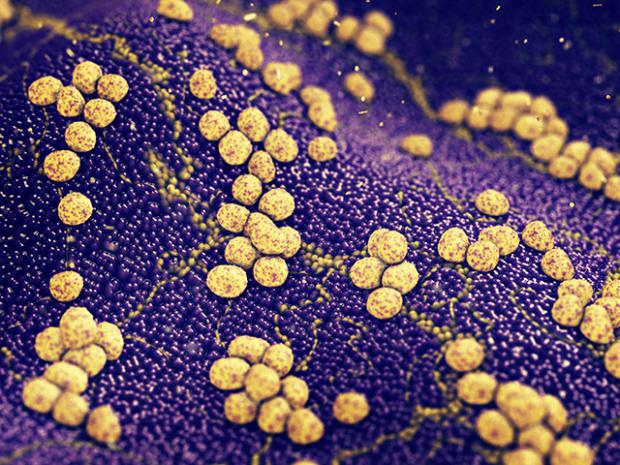
Breaking News
Importing Poverty into America: Devolving Our Nation into Stupid
 Grand Theft World Podcast 273 | Goys 'R U.S. with Guest Rob Dew
Grand Theft World Podcast 273 | Goys 'R U.S. with Guest Rob Dew
 Anchorage was the Receipt: Europe is Paying the Price… and Knows it.
Anchorage was the Receipt: Europe is Paying the Price… and Knows it.
 The Slow Epstein Earthquake: The Rupture Between the People and the Elites
The Slow Epstein Earthquake: The Rupture Between the People and the Elites
Top Tech News
 Drone-launching underwater drone hitches a ride on ship and sub hulls
Drone-launching underwater drone hitches a ride on ship and sub hulls
 Humanoid Robots Get "Brains" As Dual-Use Fears Mount
Humanoid Robots Get "Brains" As Dual-Use Fears Mount
 SpaceX Authorized to Increase High Speed Internet Download Speeds 5X Through 2026
SpaceX Authorized to Increase High Speed Internet Download Speeds 5X Through 2026
 Space AI is the Key to the Technological Singularity
Space AI is the Key to the Technological Singularity
 Velocitor X-1 eVTOL could be beating the traffic in just a year
Velocitor X-1 eVTOL could be beating the traffic in just a year
 Starlink smasher? China claims world's best high-powered microwave weapon
Starlink smasher? China claims world's best high-powered microwave weapon
 Wood scraps turn 'useless' desert sand into concrete
Wood scraps turn 'useless' desert sand into concrete
 Let's Do a Detailed Review of Zorin -- Is This Good for Ex-Windows Users?
Let's Do a Detailed Review of Zorin -- Is This Good for Ex-Windows Users?
 The World's First Sodium-Ion Battery EV Is A Winter Range Monster
The World's First Sodium-Ion Battery EV Is A Winter Range Monster
 China's CATL 5C Battery Breakthrough will Make Most Combustion Engine Vehicles OBSOLETE
China's CATL 5C Battery Breakthrough will Make Most Combustion Engine Vehicles OBSOLETE
Put a stop to golden staph infections with Indian wormwood essential oil

(Natural News) Big things do come in small packages, and unfortunately, this also applies to health problems. Bacteria may be the tiniest living organisms, but they can cause some of the worst infections on the planet. A good example of a potentially problematic infection is the golden staph infection.
Caused by the bacteria Staphylococcus aureus, this infection causes skin abscesses, boils, ear infections, and folliculitis, or inflamed hair follicles. Staph infections may also cause serious conditions like pneumonia, osteomyelitis, and endocarditis. Even prescribed antibiotics may worsen staph infection. That is why many people are now turning to natural, organic cures to address this health problem.
Traditional healers have used herbal medicine since ancient times to treat infections, and the scientific community has been extensively studying the mechanisms behind these potent natural remedies. One study, which appeared in the Journal of Essential Oil Research, highlighted the antibacterial activity of Indian wormwood (Artemisia nilagirica) essential oil against nine pathogenic strains, including S. aureus.
Researchers from India analyzed the composition of A. nilagirica essential oil using gas chromatography. Their results showed a total of 41 constituents that accounted for 95.9 percent of the essential oil's total composition:
Monoterpenoids (76.6 percent) represented by artemisia ketone (62.6 percent)
Artemisia alcohol (3.7 percent)
Perillene (3.1 percent)
Bornyl acetate (1.4 percent)
Sesquiterpenoids (16.1 percent) represented by beta-caryophyllene (3.5 percent)
Alpha-muurolol (3.5 percent)
Delta-cadinene (2.1 percent)
Germacrene D (1.8 percent)



